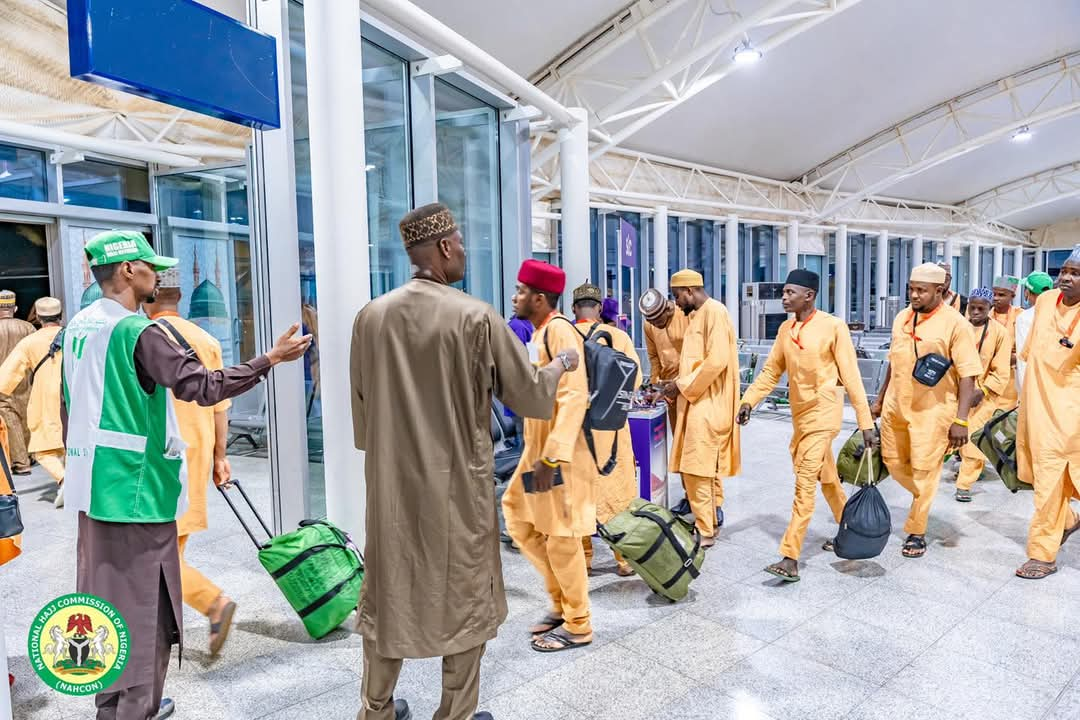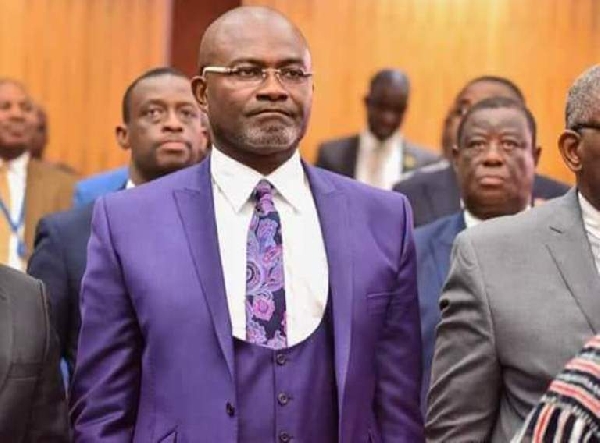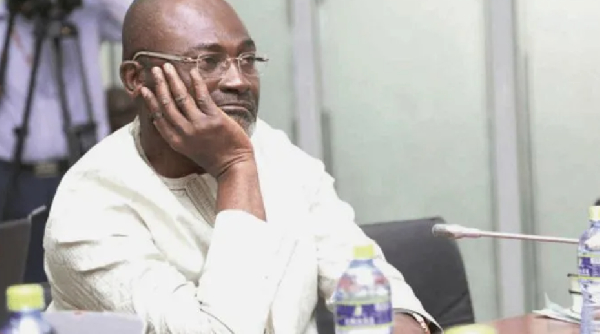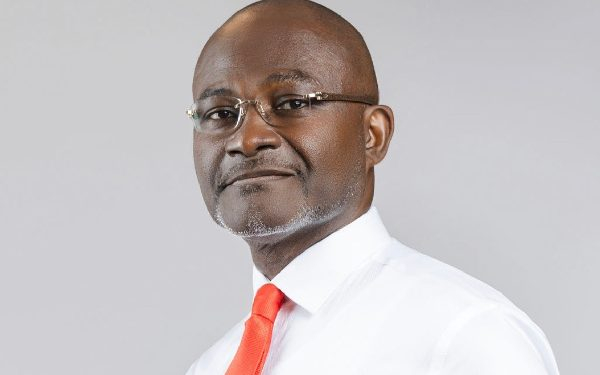NPP Leader Advocates Unity and Reconciliation After Electoral Defeat | News Ghana
Addressing constituency executives at Takoradi Technical University on April 26, 2025, Agyapong urged leadership to grant amnesty to members expelled or alienated during internal disputes, framing unity as nonnegotiable for the party’s political revival.
“A house divided against itself cannot stand,” Agyapong stated, invoking biblical passages from Mark 3:25 and Matthew 11:17–18 to underscore his appeal. His remarks followed a public apology to Ghanaians for “wrongs committed by the NPP or its leaders” during its eight-year administration, acknowledging widespread frustration over economic challenges that contributed to the electoral setback.
The speech marked a deliberate shift toward introspection, contrasting sharply with recent critiques from figures like Defence Minister Omane Boamah, who blamed former Vice President Mahamudu Bawumia for the party’s economic policies and electoral defeat.
Agyapong’s push for amnesty targets high-profile exclusions, including suspended members like former Trade Minister Alan Kyerematen, whose departure reportedly weakened grassroots cohesion. He further pledged GH¢1 million to support party operations, stressing the need to prioritize polling station executives often overlooked in post-election activities. The gesture aligns with the NPP’s broader “Thank You” tour, designed to mend ties with its base amid internal reviews of campaign strategies and policy missteps.
The NPP’s defeat, its first since 2016, has exposed rifts between factions advocating accountability and those prioritizing public unity. While Bawumia has cautioned against public infighting, Agyapong’s remarks suggest unresolved tensions over leadership accountability.
Political analysts note Ghana’s history of opposition parties rebounding through unified fronts, as seen when the National Democratic Congress regained power in 2020 after internal reforms. For the NPP, balancing candid reflection with collective resolve remains a delicate task, particularly as economic grievances persist among voters.
The party’s ability to address these challenges may define its trajectory toward the 2028 elections. Agyapong’s emphasis on grassroots inclusivity and transparency in disciplinary processes reflects broader demands for structural reforms.
Yet, as debates over legacy and responsibility continue, the NPP’s success will hinge on whether its calls for unity translate into tangible efforts to address the systemic issues that fueled its decline. With Ghana’s political landscape increasingly responsive to accountability, the party’s next steps will be scrutinized for signs of genuine renewal rather than rhetorical appeals.
Follow on Google News










